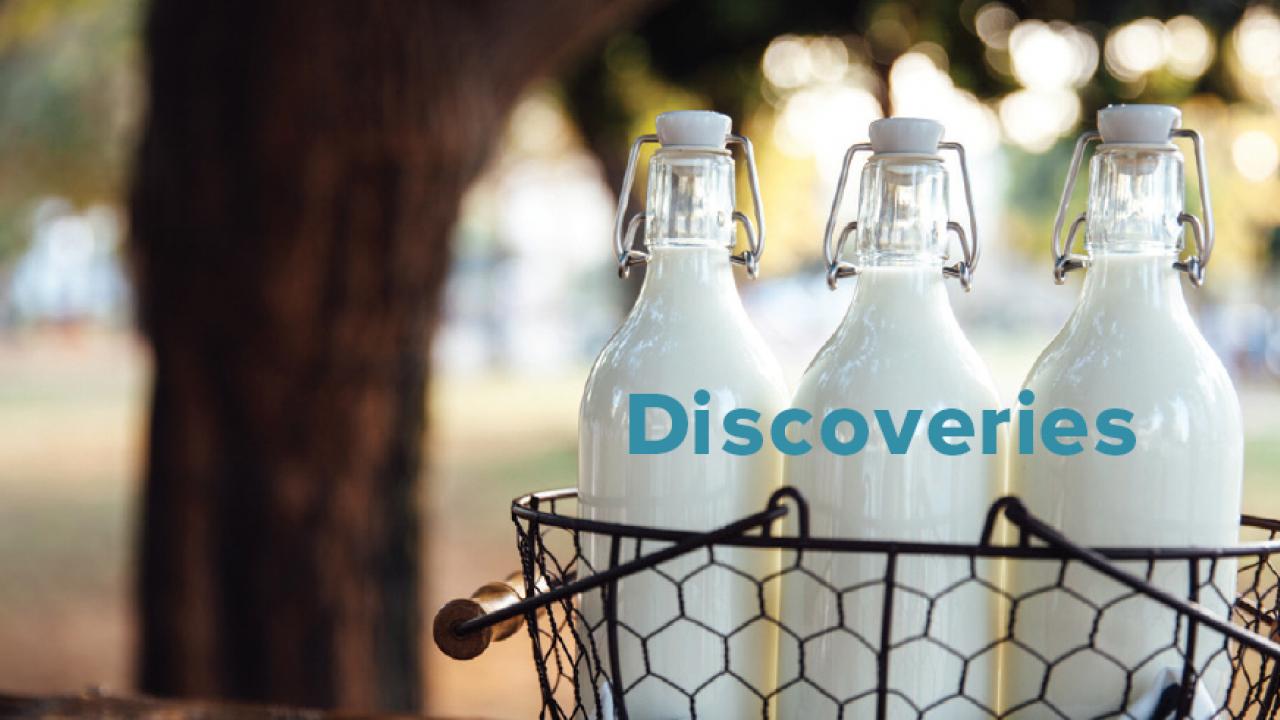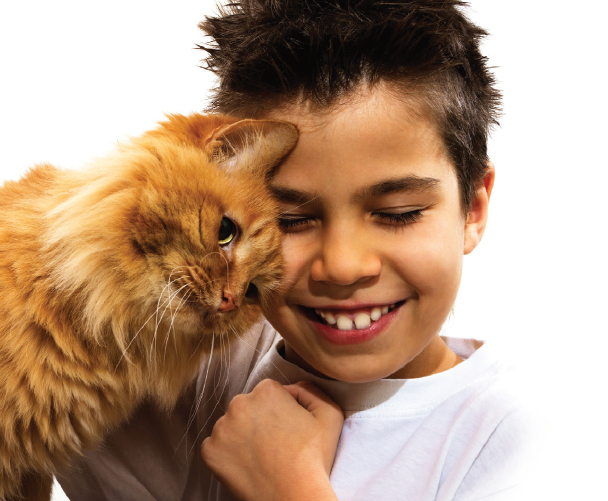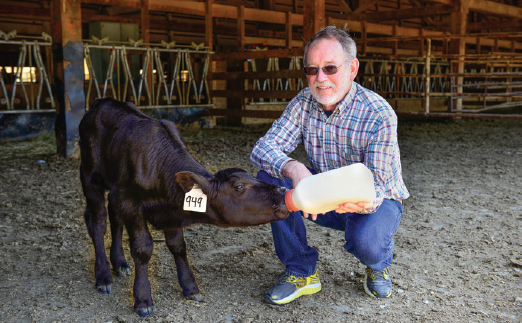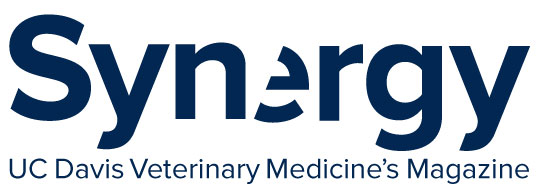
Discoveries - Fall 2020
Discoveries
 Air Quality Impacts Early Brain Development
Air Quality Impacts Early Brain Development
Traffic-related air pollution may affect the developing brain, according to UC Davis researchers. Toxicologist Dr. Pamela Lein (from the School of Veterinary Medicine) worked with UC Davis atmospheric scientist Anthony Wexler, doctoral student Kelley Patten and others to develop a novel approach to study the impact of traffic-related air pollution in real time. The team set up animal housing near a California traffic tunnel to mimic the human experience as closely as possible in a rodent model. Utilizing an animal model removes confounding factors present in human studies such as socioeconomic influences and diet that can affect results. The study found abnormal growth and increased neuroinflammation in the brains of young rats exposed to air pollution. This suggests that exposure during critical developmental periods may increase risks for changes in the developing brain that are associated with neurodevelopmental disorders. Further understanding of these implications could be used to advise susceptible individuals, such as pregnant women, to take appropriate precautions to minimize risks. The team is also interested in which components of traffic- related air pollution are driving the neurodevelopmental outcomes. If they can identify the culprits, scientists can approach legislators to develop scientifically based regulations to protect the developing human brain.
 Intercepting Pandemics Through Genomics
Intercepting Pandemics Through Genomics
COVID-19 has made clear the need for proactive, rather than reactive, approaches to preventing pandemics. Three major initiatives in biodiversity genomics have joined forces to deliver a “pandemic interception system” based upon comprehensive knowledge of pathogens and their hosts. The Global Virome Project, through our One Health Institute, is bringing together a global network of health, conservation and analytical scientists and policymakers needed to discover the world’s zoonotic viruses and assess them for spillover risks. That project is collaborating with BIOSCAN, which is leading the effort to inventory all species and disclose their interactions, and the Earth BioGenome Project, that is assembling a complete genome sequence for every plant, animal and fungal species on the planet. Aside from enabling a surveillance system that supports preemptive strikes and rapid response to outbreaks, this alliance could further aid in early response, development of diagnostic pipelines and vaccines.
 Raw Milk May do More Harm Than Good
Raw Milk May do More Harm Than Good
While the health benefits versus risks of raw or unpasteurized cows’ milk have been a matter of debate for decades, UC Davis researchers found that this milk may do more harm than good by holding a huge amount of antimicrobial- resistant genes if left at room temperature. The study, published in the journal Microbiome and co-authored by the school’s Dr. Michele Jay-Russell, showed that bacteria harboring antimicrobial-resistant genes can also transfer them to other bacteria, potentially spreading resistance. The researchers discovered that not only does leaving raw milk at room temperature create dramatically more antimicrobial-resistant genes than pasteurized milk, they didn’t find large quantities of beneficial bacteria in the raw milk samples to begin with – a touted benefit of the beverage. Bacteria with antimicrobial-resistant genes, if passed to a pathogen, have the potential to become “superbugs” that do not respond to medications. The researchers concluded that if you want to drink raw milk, keep it in your refrigerator to minimize the risk of it developing bacteria with antibiotic-resistant genes.
 Feeling Anxious? A Cat May Be Your Purr-fect Companion
Feeling Anxious? A Cat May Be Your Purr-fect Companion
Your feline companion may benefit if you have anxiety. Recent research suggests that the more neurotic and anxious cat owners are, the more trust and affection they have for their cat. Dr. Mikel Delgado, a postdoctoral student at the School of Veterinary Medicine, and co-author Gretchen Reevy, a psychologist with California State University, East Bay, embarked on the study to understand how people can have a better bond with their pet. They conducted an online, anonymous survey of cat owners and found that higher scores on neuroticism and anxiety could benefit a relationship with one’s cat. Higher scores on most negative emotions, especially depression, were related to owners feeling less worthy of their cat’s love. Problems with the human-cat relationship put cats at risk for ending up in animal shelters, so it is important to recognize that our personalities can impact how we bond with our pets.
 Vaccine Now Available for Deadly Cattle Disease
Vaccine Now Available for Deadly Cattle Disease
After decades of research and ten years of clinical field trials, cattle ranchers in California, Nevada and Oregon have access to a vaccine to treat a tick-borne bacterial disease that kills cow fetuses – commonly known as foothill abortion. The disease annually causes the death of an estimated 45,000 to 90,000 calves and costs millions of dollars in losses. The UC Davis School of Veterinary Medicine was founded in 1948 in part to study this illness.
Veterinary immunologist Dr. Jeffrey Stott (pictured with calf) led the effort to develop the preventive vaccine through a 30-year partnership with the cattle industry and research partners at the University of Nevada, Reno. Hygieia Biological Laboratories of Woodland has been granted a conditional licensure and the vaccine will be available through local livestock veterinarians.
“The vaccine has proven safe and phenomenally effective,” Stott said. “The fervor for its widespread availability is palpable among cattle producers.”
